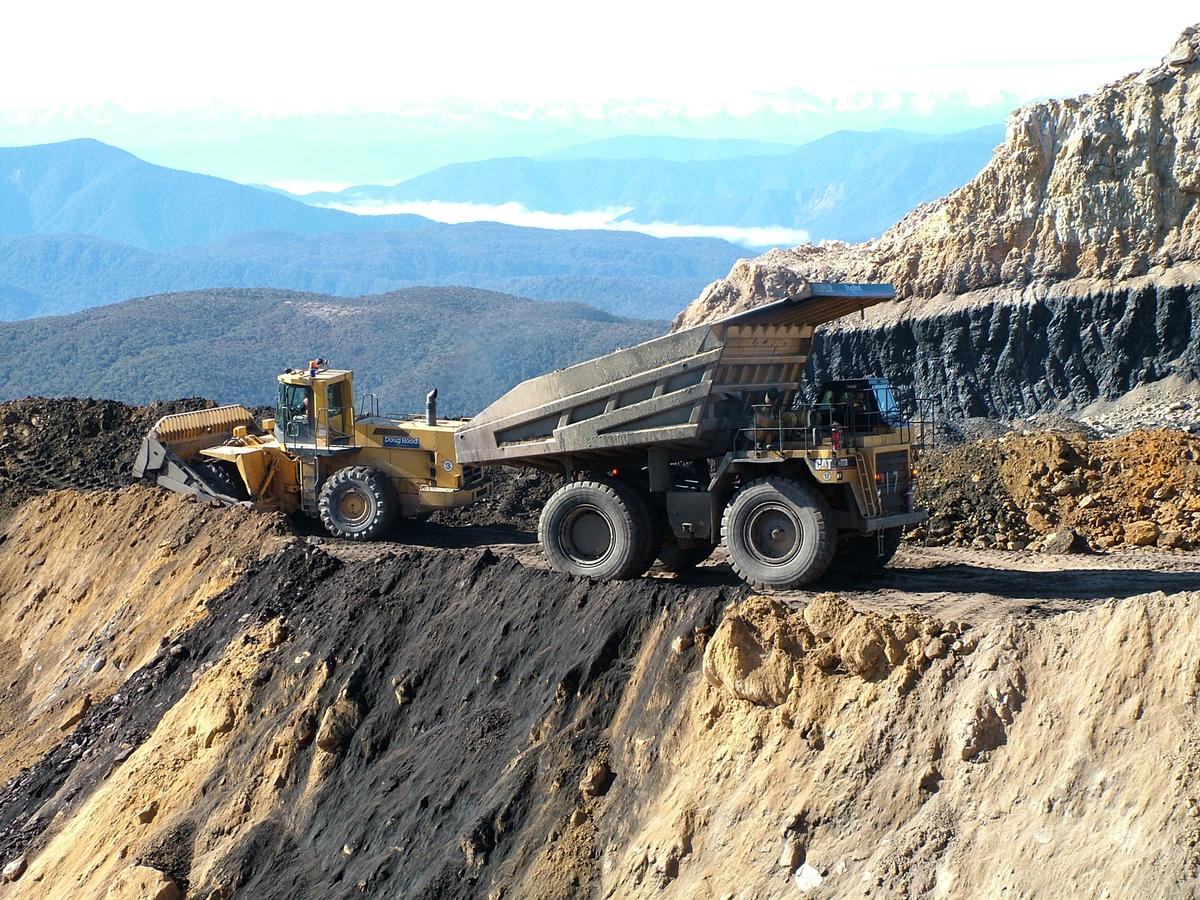see all jobs
One third of natural world heritage sites at risk from mining and oil: Report
A new report has warned that nearly a third of the world’s natural heritage sites are at significant risk from oil and gas drilling and mining.
The report from the World Wildlife Fund (WWF), titled Safeguarding Outstanding Natural Value, says that 31 per cent of World Heritage Sites are under threat worldwide, including Virunga – Africa’s first national park – in the Democratic Republic of Congo, the Sichuan giant panda sanctuaries in China and the Great Barrier Reef in Australia.
Overall, world heritage sites cover just one per cent of the planet, but the number of at-risk sites is on the up. The 31 per cent figure has risen significantly from 2014, where the annual report said 24 per cent of natural heritage sites were at risk.
Africa is seriously affected by the issue, where nearly two-thirds (61 per cent) of the continent’s natural sites are under threat of exploration for fossil fuels or minerals. While not all the sites deemed “at risk” are subject to fossil fuel exploration, the listing includes many sites which would be significantly affected by concessions for extraction, risk from transport and infrastructure needed for such development.
The report also warns that companies which support or receive backing from oil and gas giants should be aware of the risk they run, citing potential financial and reputational damage from being linked to such organisations, It added that they could become the target for conservation groups in the future, as seen recently at the British Museum. Shell also recently said that there might be “too much risk for not enough reward” in some cases of exploration in natural world heritage sites, with a representative for the oil giant speaking as the company withdrew from the Arctic despite multi-billion dollar investments.
The WWF also urged companies to create “no-go” areas within natural heritage sites and for companies to be proactive in disclosing activities near or within natural sites.
"We are going to the ends of the Earth in pursuit of more resources – including minerals, oil and gas – that are becoming more difficult and more expensive to extract,” said WWF-UK chief executive, David Nussbaum.
"Some of the world's most treasured places are threatened by destructive industrial activities that imperil the very values for which they have been granted the highest level of international recognition – outstanding natural value.
"Protecting these iconic places is not only important in terms of their environmental worth; it is crucial for the livelihoods and future of the people who depend on them."
More News
- News by sector (all)
- All news
- Fitness
- Personal trainer
- Sport
- Spa
- Swimming
- Hospitality
- Entertainment & Gaming
- Commercial Leisure
- Property
- Architecture
- Design
- Tourism
- Travel
- Attractions
- Theme & Water Parks
- Arts & Culture
- Heritage & Museums
- Parks & Countryside
- Sales & Marketing
- Public Sector
- Training
- People
- Executive
- Apprenticeships
- Suppliers
















































